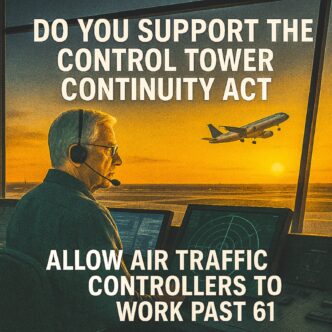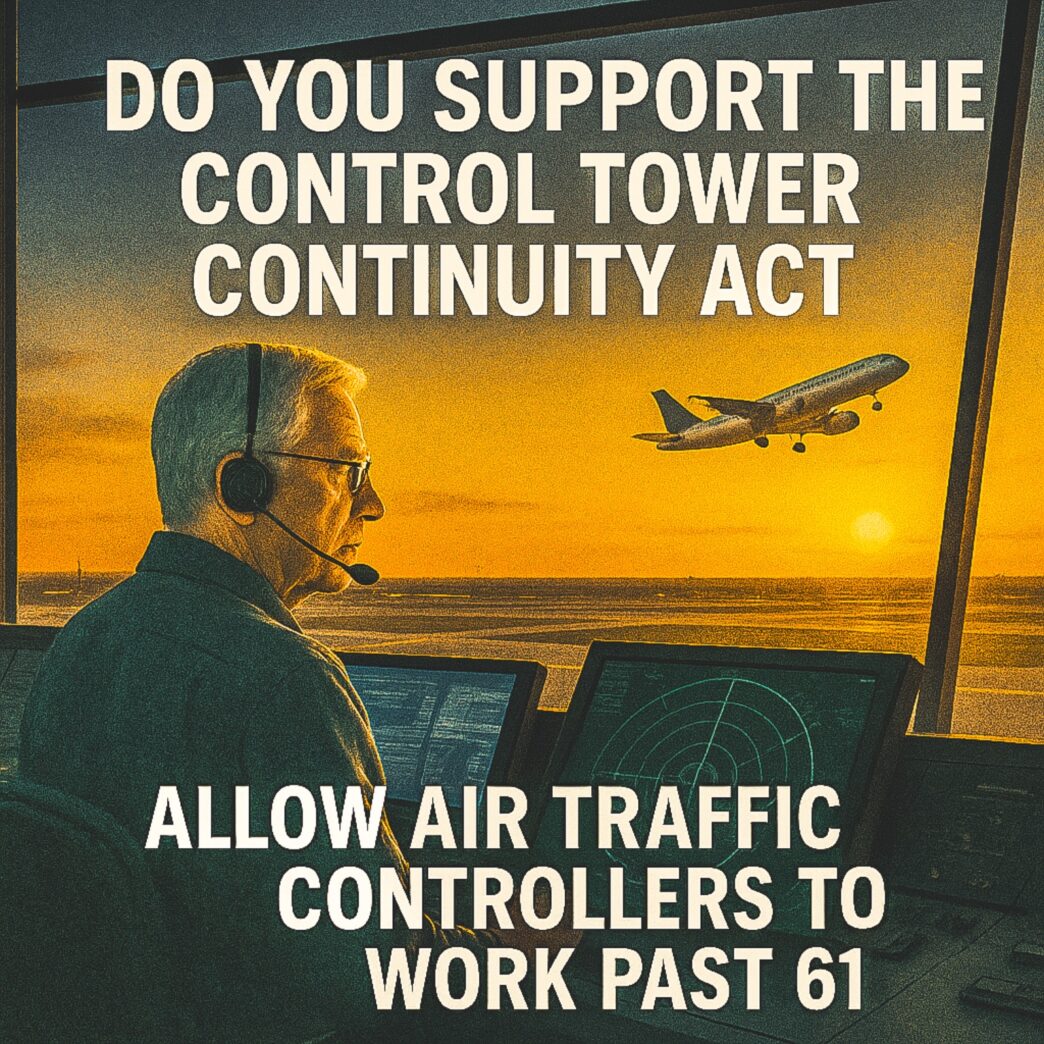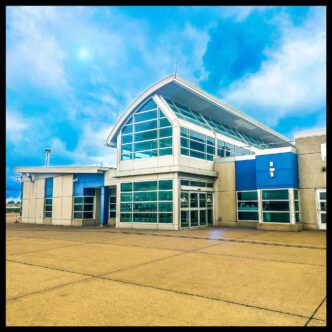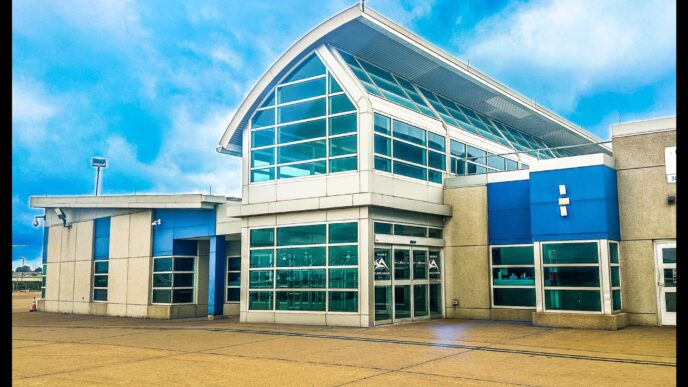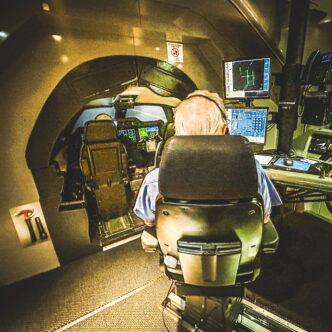A new bill introduced by Senator Marsha Blackburn—the Control Tower Continuity Act—is making waves in the aviation world. The proposed legislation would allow air traffic controllers to continue working beyond the current mandatory retirement age of 61, provided they meet strict medical and performance standards. With the FAA currently facing a shortage of over 3,000 controllers nationwide, this bill aims to provide immediate relief by retaining seasoned professionals who still meet the demands of the job.
This move has sparked a larger conversation about how best to balance safety, staffing, and experience in the National Airspace System. Supporters of the bill point out that keeping qualified controllers on the job could help ease the pressure on a strained system—especially while the FAA ramps up hiring and training of new personnel. Critics, including some unions, caution that while extending retirement may offer short-term help, it’s not a replacement for long-term investment in workforce development.
Still, the proposal brings a pragmatic solution to the table during a time when delays, controller fatigue, and system stress are under scrutiny. It’s not just about keeping people in towers longer—it’s about ensuring safety, continuity, and operational stability while new talent is brought up to speed. As the bill moves through the legislative process, it will be important to weigh the value of experience against the need for modernization and renewal.
What do you think—should qualified controllers be allowed to work past 61? Is this a smart bridge to ease the staffing crisis, or a band-aid on a deeper issue?
